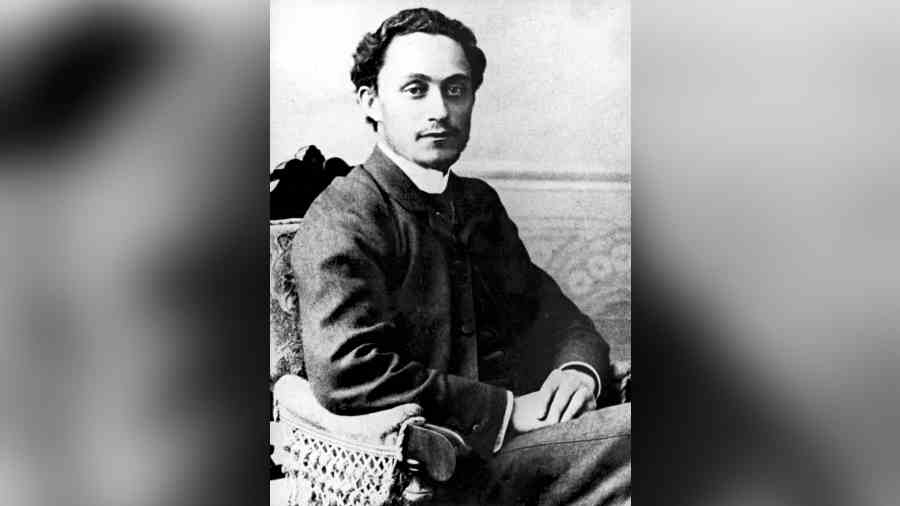I have always greatly enjoyed talking to senior communist intellectuals. Because of their seniority, they do not feel obliged to defend the letter of the party line; at the same time, they are full of wisdom, charm, and courtesy and have a robust and infectious optimism about the future. During my days on the Jawaharlal Nehru University campus, I was fortunate to have two such senior communists as my neighbours; it so happened that each was married to a sister of my colleague, Imrana Qadeer, and for a time, they lived in her house which was close to ours. Ali Ashraf was a founder of the communist party in Bihar, and was the first to translate the Communist Manifesto into Urdu (Maulana Azad had earlier done a translation but only of an excerpt); however, I did not have the opportunity of many discussions with him. The other person was Ziaul Hasan, his friend and also an early communist from Bihar, who had spent much time in Kashmir working for the party; at that time, he was on the editorial staff of the Patriot newspaper.
Talking to him was for me one of the joys of living on the JNU campus, though he often berated me for what he considered to be irresponsible political positions that my friends and I took on several university matters. Because of a heart condition he had been strictly forbidden to smoke, but he would occasionally ask me for a cigarette (I was a smoker those days) when his daughter, Saba Hasan, now a well-known artist, was not around, putting me in an acute moral dilemma.
Among the many remarks of Zia Bhai (as we called him) that left an impression on me, one in particular stands out. Georgi Dimitrov, the Bulgarian communist who had been an accused in the Reichstag fire trial, had defended himself heroically and after being released had gone on to become the president of the Communist International. Shortly afterwards, he had propounded the United Front thesis at the Seventh Congress of the Comintern in 1935. He had advocated a United Front not only between the Communists and the Social Democrats, which, had it existed earlier, would have prevented Hitler’s coming to power, but also incorporating bourgeois political formations against fascism. United Front tactics against fascism has been universally accepted by all communists subsequently; but Zia Bhai held that United Front tactics should be adopted by communists not just against fascism but in all circumstances, that Dimitrov’s thesis has a general relevance well beyond its specific context.
I have a great deal of sympathy for Zia Bhai’s position, but applying Dimitrov’s thesis more generally raises a problem. In an anti-fascist struggle, there is one simple common agenda — to defeat the fascists. But if United Front is to be a general tactic, then the exact programme around which the Front should be built becomes crucial. This problem is being faced at present by Die Linke, the German Left Party, that is divided down the middle on this issue.
One section of it would like to join the government by forming a United Front with the Social Democrats and some of their allies. For this, it would have to support, for instance, the current Social Democratic-led German government’s position on the Ukraine war and sanctions against Russia, even though large sections of German workers, suffering from the impact of those sanctions which have cut off energy supplies to households in the midst of winter, are demonstrating against them across the entire country. The pursuit of United Front in this situation would mean the alienation of the Left from the working class; it would basically mean handing over the working class to the German fascists (AfD), who, no matter what their eventual position will be if they come close to power, are currently most vocal about the hardships of the workers.
It is for this reason that Oskar Lafontaine, one of the founders of Die Linke who has now abandoned active politics, and Sahra Wagenknecht, once co-leader of Die Linke’s parliamentary group, have expressed opposition to government policy, the former calling Germany a “vassal of the United States”, and the latter calling the present German government the “stupidest in Europe”. Wagenknecht wants her party to organise workers’ demonstrations against the government, which obviously leaves little scope for any United Front tactics.
A similar dilemma might arise in India as well. The neo-fascist ruling elements in India are aggressively pursuing a neoliberal agenda. Indeed, the rise of neofascism is precisely because of a corporate-Hindutva alliance that has come into being in the context of the crisis of neoliberalism: the crisis requires a new prop for neoliberalism to buttress its position, and this is provided by Hindutva that changes the discourse away from issues of material life towards the vilification of a hapless minority that is portrayed as the ‘Other’. A United Front against the neo-fascists must have an agenda of moving towards a welfare State, for which the imposition of controls on cross-border capital flows and, hence, corresponding trade controls (and, to that extent, delinking from neoliberal globalisation) becomes necessary; otherwise, even if it succeeds in dislodging neo-fascists from power, they will again come back after a while.
Neofascism cannot be overcome without overcoming the conjuncture that brought it to power; and a United Front without such an agenda will not overcome that conjuncture. Thus, a more pervasive pursuit of United Front tactics, no matter how desirable, requires careful attention to the formulation of an agenda.
Prabhat Patnaik is Professor Emeritus, Centre for Economic Studies, Jawaharlal Nehru University, New Delhi










